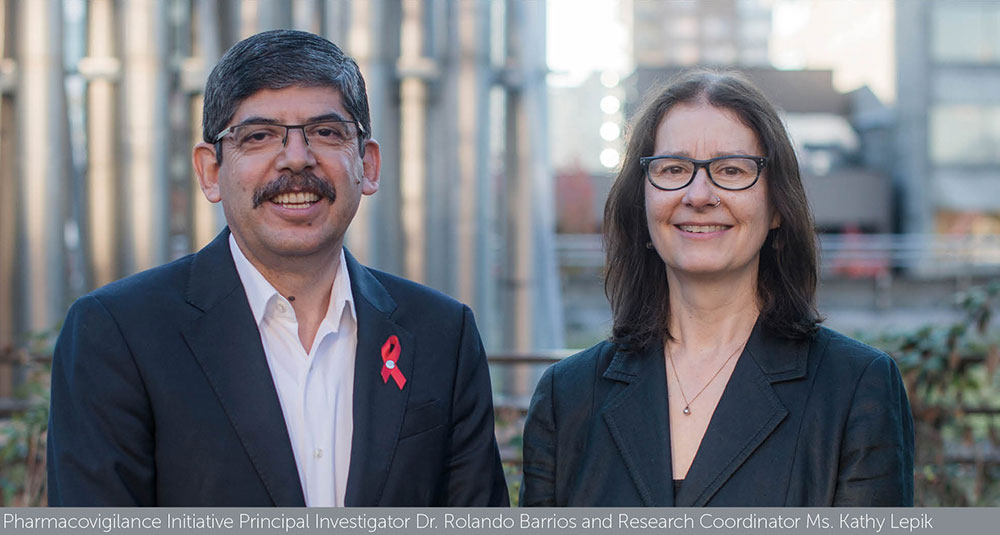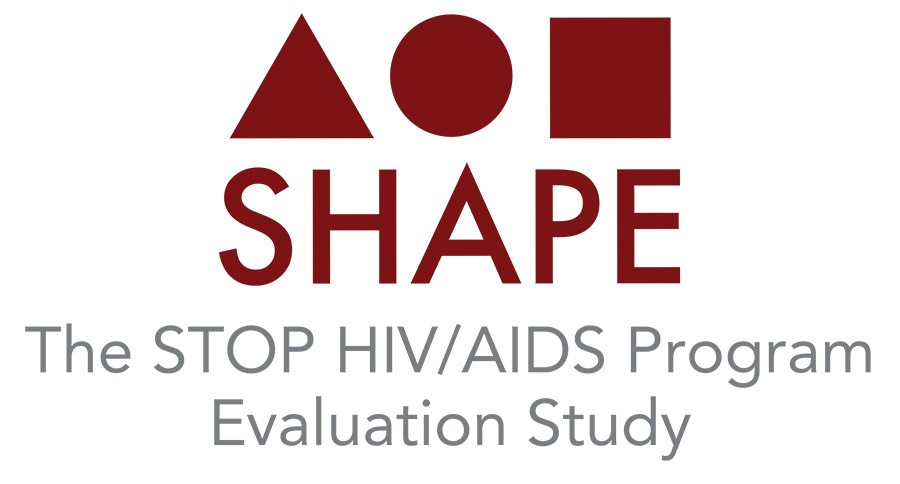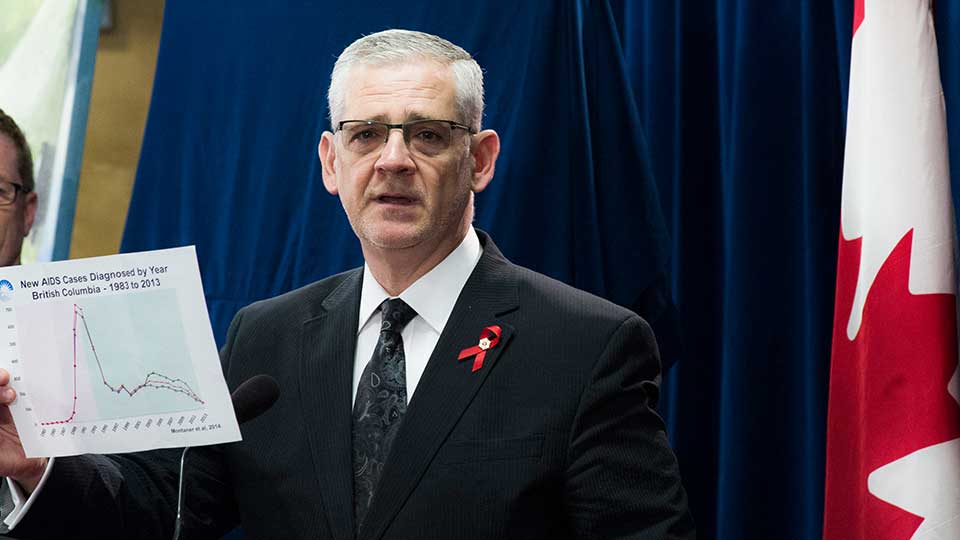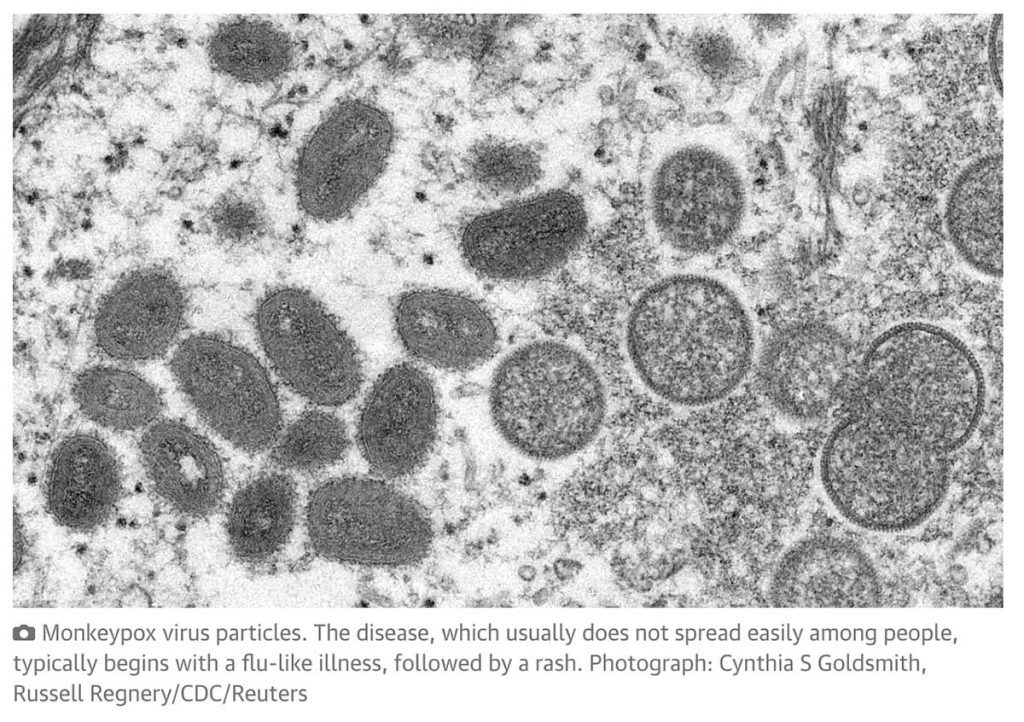In-person Intensive Preceptorships resume
After a hiatus caused by the COVID-19 pandemic, the BC-CfE’s award-winning Intensive Preceptorship program has resumed. On May 9th, a small cohort of physicians and nurse practitioners began the first offering of the program since 2019, which will see them gain knowledge, skills, and confidence in providing care to people living with HIV (PLWH).
In-person Intensive Preceptorships resume Read More »










